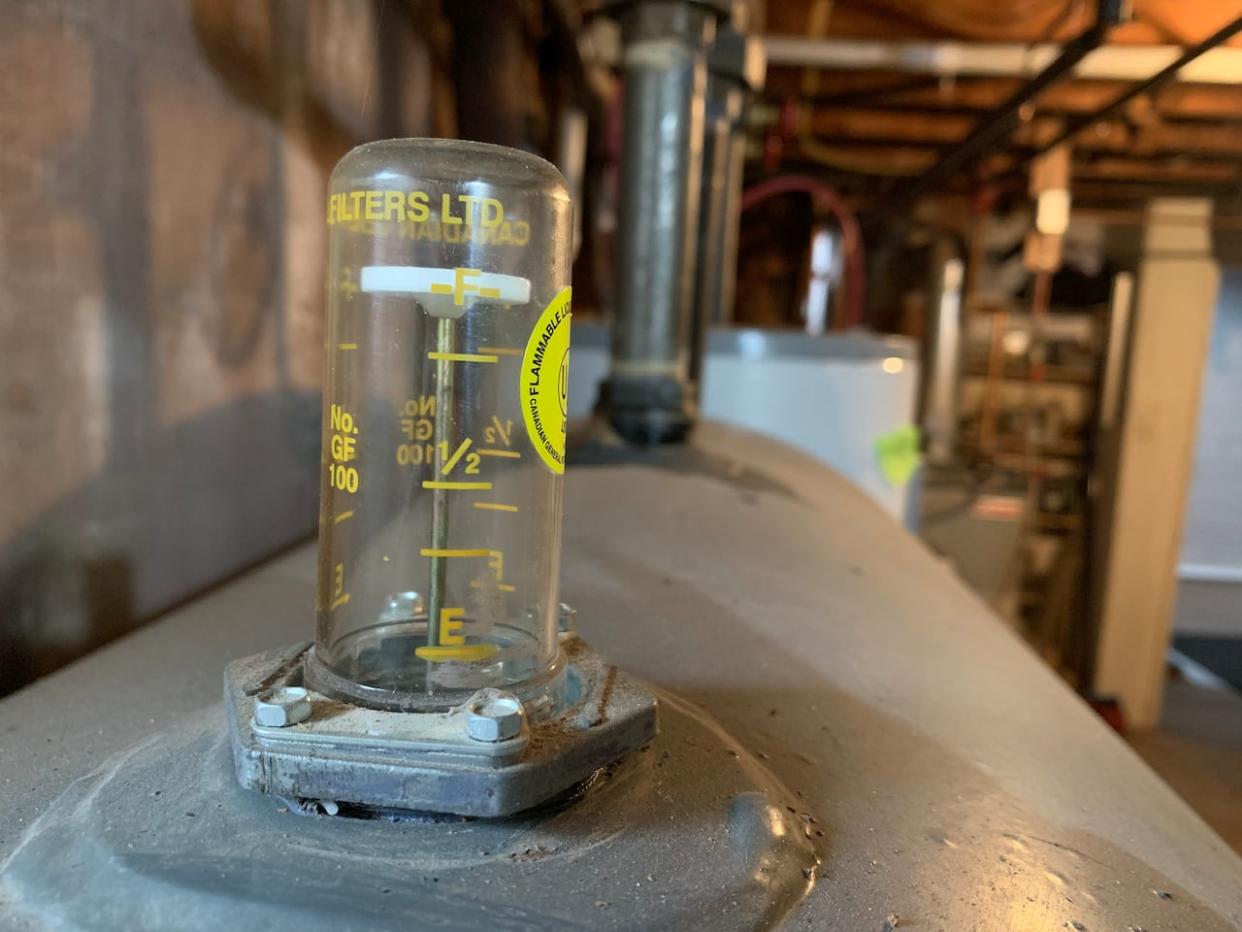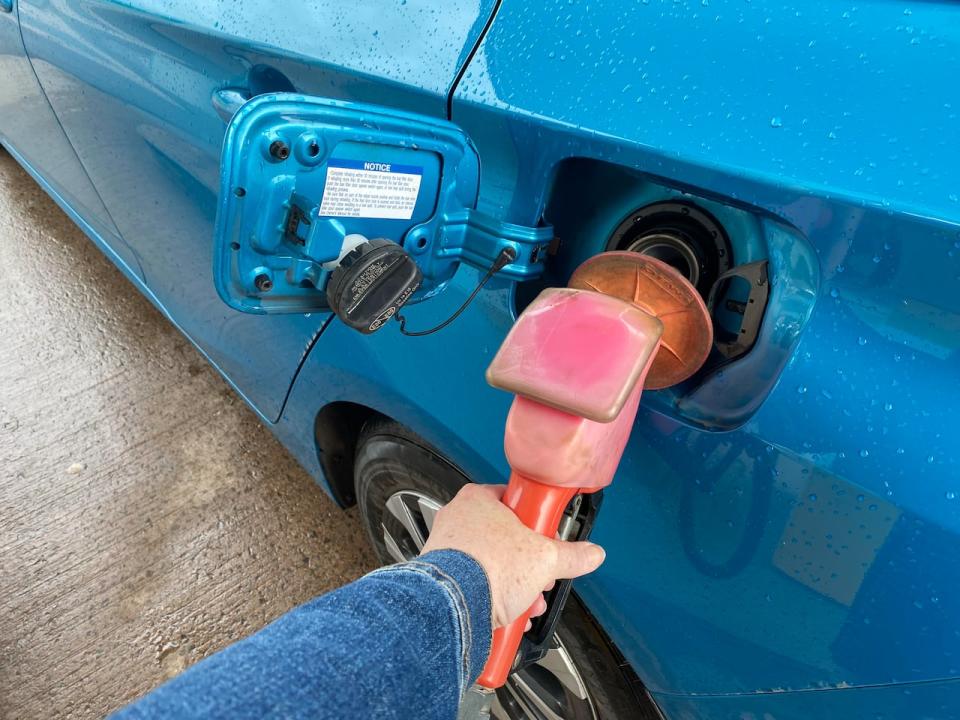IRAC allows slightly higher profit margin for furnace oil on P.E.I.

The Island Regulatory and Appeals Commission will allow companies distributing furnace oil on P.E.I. to make a little more money per litre starting Jan. 5, 2024.
In a ruling released Friday, IRAC said it will allow the combined margin for furnace oil to increase by 1.6 cents per litre to a maximum of 23.1 cents per litre.
That's less than what suppliers wanted. They had asked for a five-cent increase per litre, arguing that operating costs went up 23 per cent between 2017 and 2022.
Companies that sell commercial diesel also wanted to see an increase, and got one. Profit margins will increase for commercial diesel, going up 5.3 cents per litre to a maximum of 23.1 cents per litre, falling in line with the profit margin for furnace oil.
IRAC held the line on retail gasoline and diesel for the most part. The margin for gas and diesel will stay at a minimum of seven cents per litre and a maximum of eight cents per litre.
There will be a change as to how mid-grade and premium gas prices will be calculated, however.

IRAC is not authorizing any increase in the profit margin for regular-price gas at P.E.I. pumps. (Carolyn Ryan/CBC)
Right now, IRAC adds 3.5 cents and 6.9 cents per litre on top of the base price to set maximum prices that can be charged for the two higher grades of gasoline.
In January, IRAC will use a formula that takes half of the regular rack price and half of the premium rack price to determine those prices.
The watchdog said the change is due to the higher cost of production of these fuels and the fact that the supply isn't keeping up with demand.
Rack price remains benchmark
IRAC also decided to continue using the Charlottetown Rack price as the benchmark in its pricing formula, calling it "competitively determined, relevant, timely and transparent."
That benchmark equates to the cost of refining oil and its transportation to Charlottetown. There had been calls to change to the New York Harbour benchmark.
The decision was in part because wholesalers say using Charlottetown Rack simplified their own pricing and accounting.
IRAC staff were not available for an interview on Friday, but the commission is considering doing reviews like this every two years going forward.


